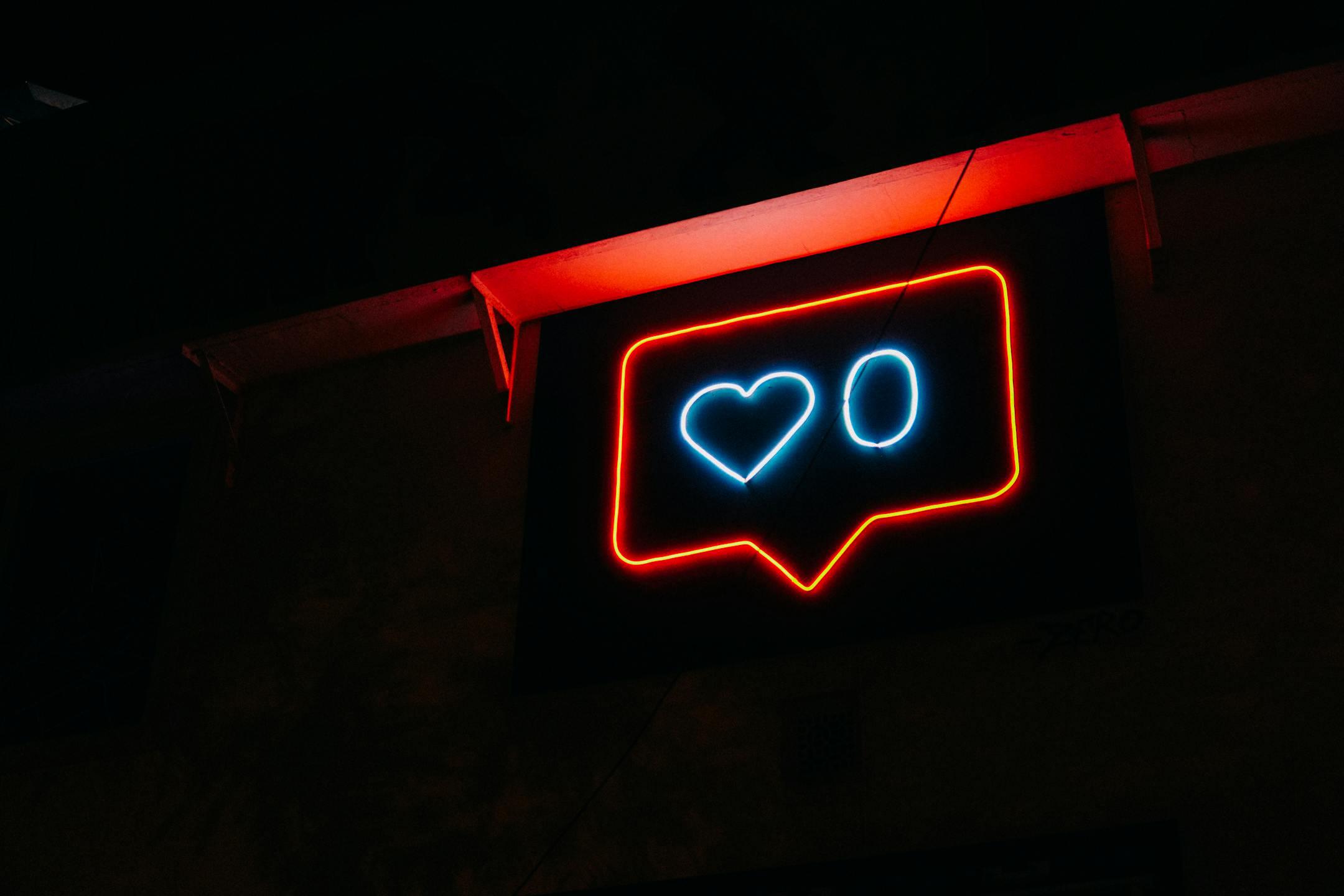
In today’s hyper-connected world, social media is both a tool and a trap.
For neurodivergent individuals—those with ADHD, autism, anxiety, or other neurological differences—these platforms can offer validation and community. But they can also amplify stress, overstimulation, and self-comparison.
As a therapist who specializes in working with neurodivergent clients—and who is neurodivergent myself—I’ve seen firsthand how social media can affect our minds in unique and often overlooked ways.
What I See in My Clients (and Myself)
Many of my clients describe the same pattern I’ve experienced: we log on seeking connection, clarity, or calm—and end up overwhelmed, dysregulated, or doubting ourselves.
Here’s what the research (and lived experience) tells us:
1. Overstimulation
The endless scroll, autoplay videos, and rapid-fire content tap into our dopaminergic system, keeping us seeking novelty (Montague et al., 2004). But for individuals with sensory sensitivity or attention regulation difficulties—common in both ADHD and autism—this can lead to sensory overload, which may manifest as irritability, mental fatigue, or shutdown (Baranek et al., 2006; Robertson & Simmons, 2015).
2. Comparison Fatigue
Neurodivergent people often navigate internalized messages of being “behind” or “too much.” When confronted with the curated perfection of others online, it can deepen imposter syndrome and rejection sensitivity dysphoria (RSD), a common ADHD-related experience (Dodson, 2017). This leads to emotional dysregulation and self-doubt.
3. Time Blindness
A well-known executive function challenge in ADHD, time blindness makes it difficult to perceive the passing of time. Social media is engineered to be immersive—and individuals with ADHD often describe a “lost time” experience when scrolling, which research confirms is linked to dopamine-driven task switching (Barkley, 2011).
4. Masking and Identity Confusion
Many neurodivergent individuals already mask—suppressing parts of themselves to fit neurotypical norms. Social media amplifies this pressure with constant exposure to "ideal selves" and algorithms that reward conformity. Research shows that chronic masking, especially in autistic individuals, is associated with increased anxiety, depression, and burnout (Hull et al., 2017).
5. Emotional Dysregulation
From political discourse to viral controversies, platforms can activate amygdala-based emotional responses before the prefrontal cortex has a chance to regulate. People with ADHD or anxiety often struggle to pause before reacting, which leads to rumination or overwhelm (Arnsten, 2009).
What Helps: Tips for Adults and Parents
Whether you're navigating this yourself or supporting someone who is, here are tools I recommend from both personal experience and clinical work:
1. Create structure around usage
Set time-based boundaries or app limits. Research on digital well-being shows that intentional use leads to better mood and focus than passive use (Verduyn et al., 2017).
2. Use sensory breaks
Scrolling can overload the nervous system. Incorporate interoceptive awareness tools (like breathing, stretching, or weighted blankets) to regulate your body after screen time (Mehling et al., 2009).
3. Mute, filter, unfollow
Your nervous system deserves a safe space. Curating your feed is an act of emotional hygiene—an essential part of protecting mental health in the digital age (Gentile et al., 2017).
4. Notice patterns
Keep a log or mental note: how do different platforms affect your energy, mood, and focus? This builds metacognitive awareness, which improves self-regulation (Flavell, 1979).
5. Explore identity offline
Whether through art, journaling, therapy, or nature, reconnect with the parts of you that don’t need an audience. Offline expression helps reduce identity diffusion, a challenge for those navigating chronic masking (Marcia, 1980).
1. Model healthy use
Children internalize what they observe. When you narrate your own self-regulation ("I need a break from screens"), you're teaching co-regulation, a key strategy in parenting neurodivergent kids (Porges, 2011).
2. Validate their experience
Online spaces can feel safer than real-life interactions for neurodivergent youth. Instead of shame or restriction, use curiosity-based questions to help them reflect.
3. Teach emotional literacy
Name what happens emotionally during or after screen time. This builds emotional granularity—the ability to distinguish between complex emotions—which is protective against anxiety and depression (Barrett et al., 2001).
4. Offer offline alternatives
Children often retreat into screens when they feel unmotivated or out of place elsewhere. Help them discover flow-based activities—where time feels satisfying, not lost (Csikszentmihalyi, 1990).
5. Don’t shame—collaborate
Neurodivergent children already carry social and emotional weight. Instead of power struggles, use collaborative problem-solving to co-create tech boundaries that feel fair and empowering (Greene, 2014).
Final Thoughts
Social media isn’t inherently harmful—but it wasn’t built with neurodivergent brains in mind. Understanding how it affects our nervous systems and self-concept is the first step toward using it with more agency and less anxiety.
You don’t need to give up your online life to protect your peace. You just need tools that are designed for your wiring—not someone else’s.
_____
References
If you’re ready to break patterns, build clarity, and feel seen— Book a free 15-minute consultation or schedule your first session today!